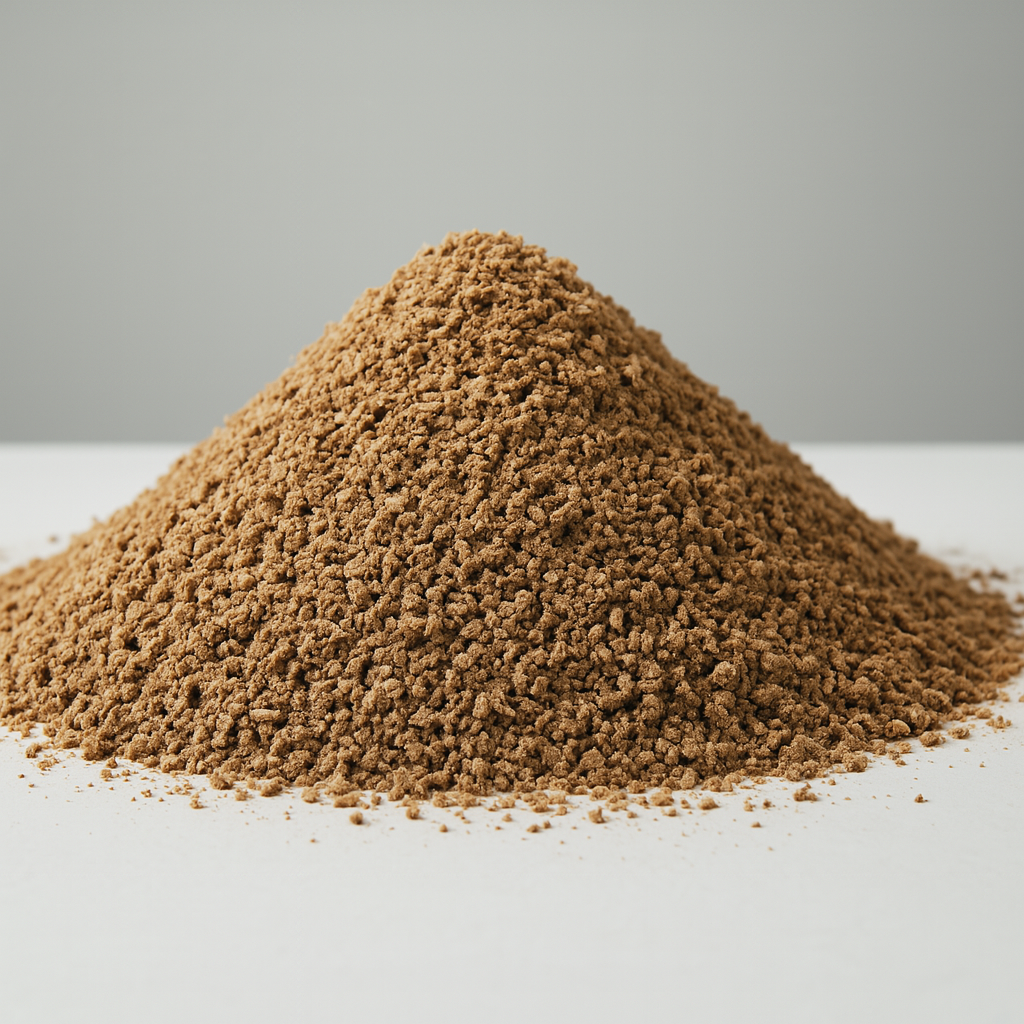1. What are olive pits?
Olive pits are the solid residue remaining after the olive oil production process. Converted into pellets or granules, they are used as biomass of high energy density, ideal for fueling industrial boilers and large-scale heating systems.
2. Advantages of Olive Pit Biofuel
High energy efficiency: Higher calorific value than other woods or conventional pellets. 100% natural origin: Reused agricultural residue, without chemical additives. Low ash content: Minimizes boiler maintenance and cleaning tasks. Emission reduction: Carbon neutral: only releases the CO₂ that the olive tree had absorbed during its growth. Circular economy: Adds value to agricultural by-products and supports the olive sector.


Industrial Applications
Biomass boilers in:
Olive pit pellets have established themselves as a powerful and versatile alternative in multiple industrial fields. In process boilers, their high calorific value allows reaching and maintaining stable temperatures (between 70 °C and 150 °C) for extended periods, which is especially useful in canning factories, fruit drying plants, and packaging lines that require continuous heat. They are also ideal for steam generation in dairy plants or chemical industries, where olive pit biomass not only reduces diesel consumption but also simplifies maintenance by generating fewer ashes and residues.
Commitment to Sustainability
Our olive pit biomass: Comes from certified olives and local mills. Contributes to reducing your company’s carbon footprint. Encourages the responsible use of agricultural resources.